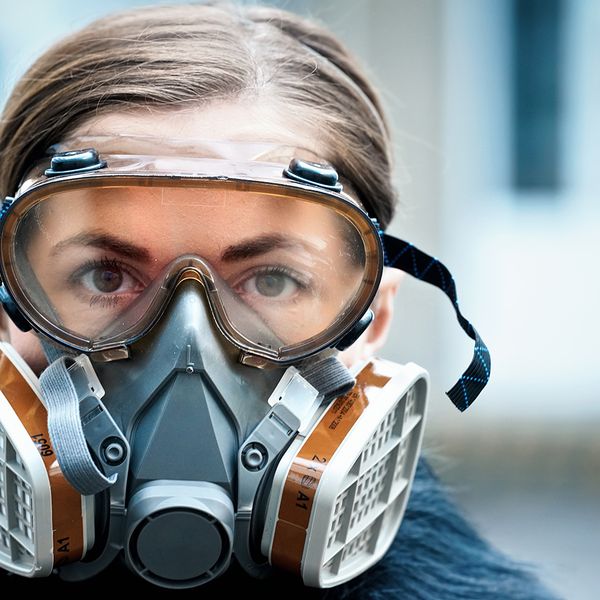EPA drives in OSHA lane: TSCA program leader defends approach
Six years to the day after enactment of a law that reformed the Toxic Substances Control Act (TSCA), an EPA insider testified before the Senate Committee on Environment and Public Works about the agency’s program that regulates new and existing chemicals. That law, of course, is the Frank R. Lautenberg Chemical Safety for the 21st Century Act. However, while the nearly 90-minute online recording of the June 22, 2022, hearing is a “must-see” for any facility regulated by TSCA, one exchange stands out.
Stay in your lane, says lawmaker
Senator Shelley Moore Capito (R-WV) urged the TSCA Program head, Michal Freedhoff, to stay out of OSHA’s lane. When evaluating the risk of new/existing chemicals, the Office of Chemical Safety and Pollution Prevention (OCSPP) has assumed that OSHA standards are insufficient and that workers are not routinely wearing personal protective equipment (PPE). Calling those assumptions questionable, Capito argues it’s OSHA’s job to worry about unprotected workers.
Law tells EPA to look at workers
Freedhoff held her ground by saying, “[TSCA] tells us to look at potentially exposed and susceptible subpopulations, and that clearly has to include workers.” She listed three reasons OCSPP cannot assume that OSHA standards will protect everyone:
- OSHA rules don’t apply to all workers, i.e., self-employed workers or public sector workers who live in a state without a state-plan state.
- OSHA says its chemical standards are insufficient when its website claims, “OSHA recognizes that many of its permissible exposure limits (PELs) are outdated and inadequate for ensuring protection of worker health. Most of OSHA’s PELs were issued … in 1970 and have not been updated since.”
- PPE violations are top violations. In fiscal year 2021, 29 CFR 1910.1200, Hazard Communication; 29 CFR 1910.134, Respiratory Protection; and 29 CFR 1926.102, Eye and Face Protection were within the 10 most frequently violated federal OSHA standards.
Communicating worker risk
Freedhoff argued that TSCA risk evaluations tell employers whether or not their chemicals pose an unreasonable risk to workers. With this approach, employers will know when safety measures are required for work with chemicals.
She added that as her agency moves toward possible regulation of more chemicals, EPA is striving for consistency with OSHA standards and/or best industry practices when those provisions are protective enough. TSCA regulations “level the playing field and make sure everyone is protected, no matter who they work for or where they live,” Freedhoff claimed.
Deadlines go unmet
Capito fired back, “My concern is to get to your core functions and to meet those obligations that are outlined very specifically in the law.” EPA has missed numerous deadlines mandated by statute. “I am just concerned about … mission creep, or if you take on too much, you are not going to get anything done,” Capito remarked. Freedhoff explained earlier in the hearing that a lack of budget dollars and staff are the biggest reasons for missed statutory deadlines.



















































